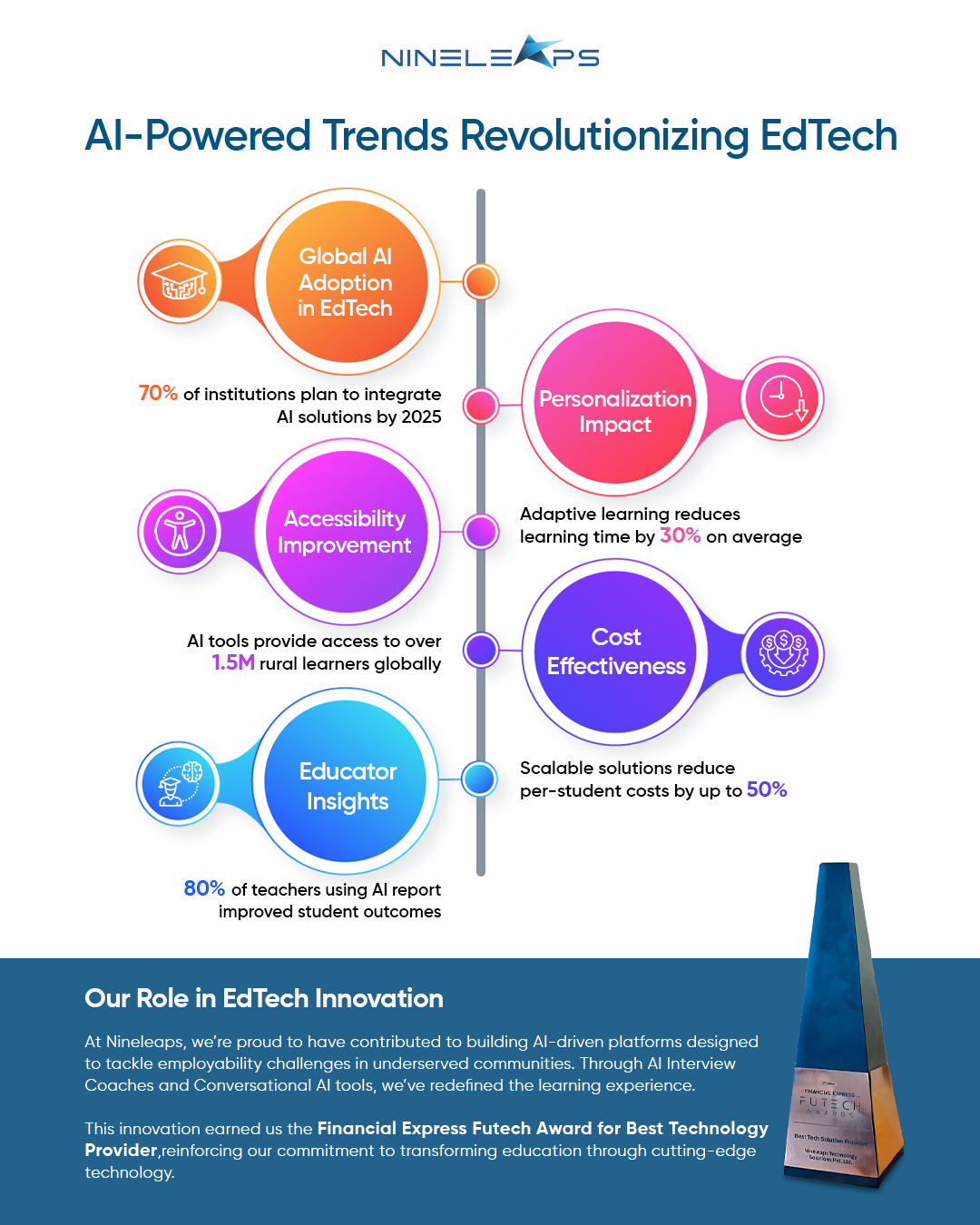Blog

AI Risk Management in Early-Stage Startups
Credit AI Risk Management in Startups Effective credit AI Risk Management is essential to ensure smooth operations and long-term financial stability. However, traditional methods of assessing credit risk can be slow and inefficient, often hampering startups with delayed decision-making. This is where Artificial Intelligence (AI) is a game-changer, allowing startups to model and manage credit risks more accurately and efficiently. How AI Enhances Credit Risk ManagementAI enables startups to build more dynamic credit scoring models. By leveraging decision tree-based AI Risk Management models, startups can create easily interpretable rules for credit risk assessment. This makes optimizing parameters and selecting more relevant variables possible than traditional methods. Additionally, unsupervised learning techniques allow startups to explore vast data sets to predict key metrics such as Probability of Default (PD) and Loss Given Default (LGD). AI can also be used for revenue forecasting, especially during periods of economic uncertainty, giving startups a clearer picture of their financial future.Real-World Examples of AI Risk Management in ActionSeveral large enterprises have already successfully implemented AI-driven credit risk models, and startups can learn from their experiences. For instance, Mosaic, a Fortune 500 company, used AI to integrate multiple data streams from credit bureaus, financial statements, and customer payment histories into one platform. This holistic view of creditworthiness allowed Mosaic to streamline its credit assessments and make faster, more accurate decisions.Similarly, Chevron Phillips automated workflows for low-risk customers using AI, reducing customer onboarding times by 61%. For startups, automating low-risk approvals can lead to faster customer acquisition and a more efficient allocation of resources.Challenges in AI-Powered Credit Risk ManagementWhile the benefits of AI in credit risk management are clear, startups must also navigate certain challenges:- Data Privacy: Compliance with regulations such as GDPR and CCPA is critical when managing sensitive financial data.- Ethical Concerns: AI decision-making must be carefully monitored to prevent unintended biases.- Regulatory Compliance: AI Risk Management systems should be designed to comply with legal frameworks like the Fair Credit Reporting Act (FCRA) and the Equal Credit Opportunity Act (ECOA).By addressing these challenges, startups can fully leverage AI to revolutionize their credit risk management processes.AI-Powered Fraud Detection: Shielding Startups From ThreatsFor fintech startups, rapid innovation often comes with increased exposure to fraud risks. Traditional fraud detection systems struggle to keep pace with modern cybercriminals, who are adept at bypassing internal controls and concealing their identities. With limited resources, early-stage startups are particularly vulnerable. But AI-powered fraud detection solutions offer a powerful defense. The Role of AI in Fraud DetectionAI excels at identifying patterns in large datasets that might go unnoticed by human analysts. For example, unsupervised learning models can analyze vast amounts of credit card transaction data to detect unusual patterns, flagging potential fraud with a high degree of accuracy. AI-driven workflow engines can also be embedded into payment systems to distinguish between legitimate and fraudulent transactions, providing real-time protection. Real-World AI Fraud Detection ToolsSeveral companies have already integrated AI into their fraud detection systems with impressive results:- Kount specializes in preventing fraud in digital transactions, such as e-commerce and online banking, by using a robust AI-driven risk assessment system.- Jumio and Onfido provide document verification services that use AI to detect forged documents, preventing fraudulent account openings and loan applications. Practical Tools for StartupsStartups can implement AI tools such as Adobe Sign and DocuSign for document verification or use Proofpoint and Barracuda Sentinel to protect email systems from phishing attacks. These tools are relatively easy to integrate and provide robust protection, enabling startups to focus on growth without compromising security.By adopting AI Risk Management for fraud detection, startups can not only safeguard their assets but also build trust with customers—a critical element for long-term success.Trader Behavior Monitoring: Ensuring Compliance and AccountabilityAs early-stage startups in the financial or fintech sectors grow, they face increasing regulatory scrutiny. Monitoring trader behavior to prevent insider trading or market manipulation is essential for maintaining compliance and avoiding reputational damage. Fortunately, AI can streamline this process by providing real-time monitoring and detection.How AI Helps Monitor Trader BehaviorAI-driven systems can analyze vast amounts of communication and trading data using Natural Language Processing (NLP) and text mining techniques. By identifying patterns in emails, calendars, and trades, AI can flag suspicious behavior, such as rogue trading or insider trading. Behavioral analytics can further predict the likelihood of misconduct, helping startups avoid regulatory and market risks.Challenges in Implementing AI for Trader MonitoringStartups must ensure high-quality, consistent data for AI systems to be effective. Incomplete or misaligned data can hinder surveillance, leading to potential compliance risks. Additionally, mapping data across multiple systems and managing large volumes of unstructured data presents a significant challenge. AI-Driven Compliance SolutionsAI reduces false positives in monitoring systems, making trader surveillance more efficient and effective. By extending surveillance beyond trade monitoring to include multiple asset classes and even voice data, AI Risk Management provides broader coverage, helping startups stay ahead of compliance challenges while fostering accountability within the organization.Cyber Risk Management for Startups with AIIn the digital-first business environment, cyber risks pose significant threats to early-stage startups. As startups rely more on cloud services, remote work, and third-party vendors, their "attack surface" expands, making them vulnerable to cyber incidents that can disrupt operations or compromise sensitive data. AI provides startups with the tools to mitigate these risks effectively.AI for Cyber Risk ManagementAI can help startups prevent data breaches and mitigate risks associated with cloud service disruptions. Solutions like Black Swan Technology’s Cloud Outage Risk Engine (CORE) use AI to analyze and reduce cloud outage risks, safeguarding operational continuity.Best Practices for AI-Powered Cybersecurity Understand Your IT Environment: AI tools can continuously map out a startup’s IT landscape, identifying vulnerabilities across systems and networks. Develop a Robust Cybersecurity Strategy: AI systems can adjust security measures in real time based on evolving threats, ensuring startups are always protected. Enforce Security Protocols: AI-driven systems can automate security tasks, such as patch management and access control, reducing human error and improving overall security.By integrating AI into their cybersecurity strategies, startups can achieve real-time risk assessments, enhance visibility into potential threats, and maintain regulatory compliance.AI Risk Management in Operational Risk Operational risks—such as supply chain disruptions, system failures, or human errors—can have a significant impact on startups, especially those with limited resources. AI can help startups manage these risks by automating processes, predicting potential disruptions, and providing real-time insights for better decision-making.How AI Enhances Operational Risk Management Predictive Analytics for Process Optimization: AI can analyze data from business operations, identifying patterns and predicting potential failures before they occur. Automation of Routine Tasks: By automating repetitive tasks such as data entry or customer support, AI reduces human error and increases overall efficiency. Proactive Risk Detection: AI systems continuously monitor processes for potential issues, allowing startups to address problems before they escalate.Startups can also use AI to manage third-party risks, such as evaluating vendor performance or monitoring supply chain vulnerabilities. By adopting AI-driven operational risk management solutions, startups can minimize disruptions and ensure smoother scaling.Managing Market Risk with Predictive AnalyticsMarket volatility is one of the most significant challenges faced by startups, especially those operating with limited financial resources. Economic downturns, shifts in consumer behavior, and geopolitical factors can all create unpredictable environments. AI-powered predictive analytics offer startups the ability to anticipate these fluctuations and adjust their strategies accordingly.How AI Can Help Navigate Market Volatility Forecasting Market Movements: AI systems can analyze historical data and external macroeconomic indicators to forecast risks related to interest rates, commodity prices, or economic conditions. Supply Chain and Vendor Risk Prediction: AI tools can predict potential supply chain disruptions by analyzing real-time data and geopolitical risks. Scenario Planning: AI can simulate various market scenarios, enabling startups to prepare for multiple outcomes and mitigate the risks associated with market shifts.By using AI-driven predictive analytics, startups can remain agile in volatile markets, ensuring they stay ahead of potential risks and maintain their competitive edge.Embrace AI Risk Management today and secure the future of your startup! Connect with us!
Learn More >








